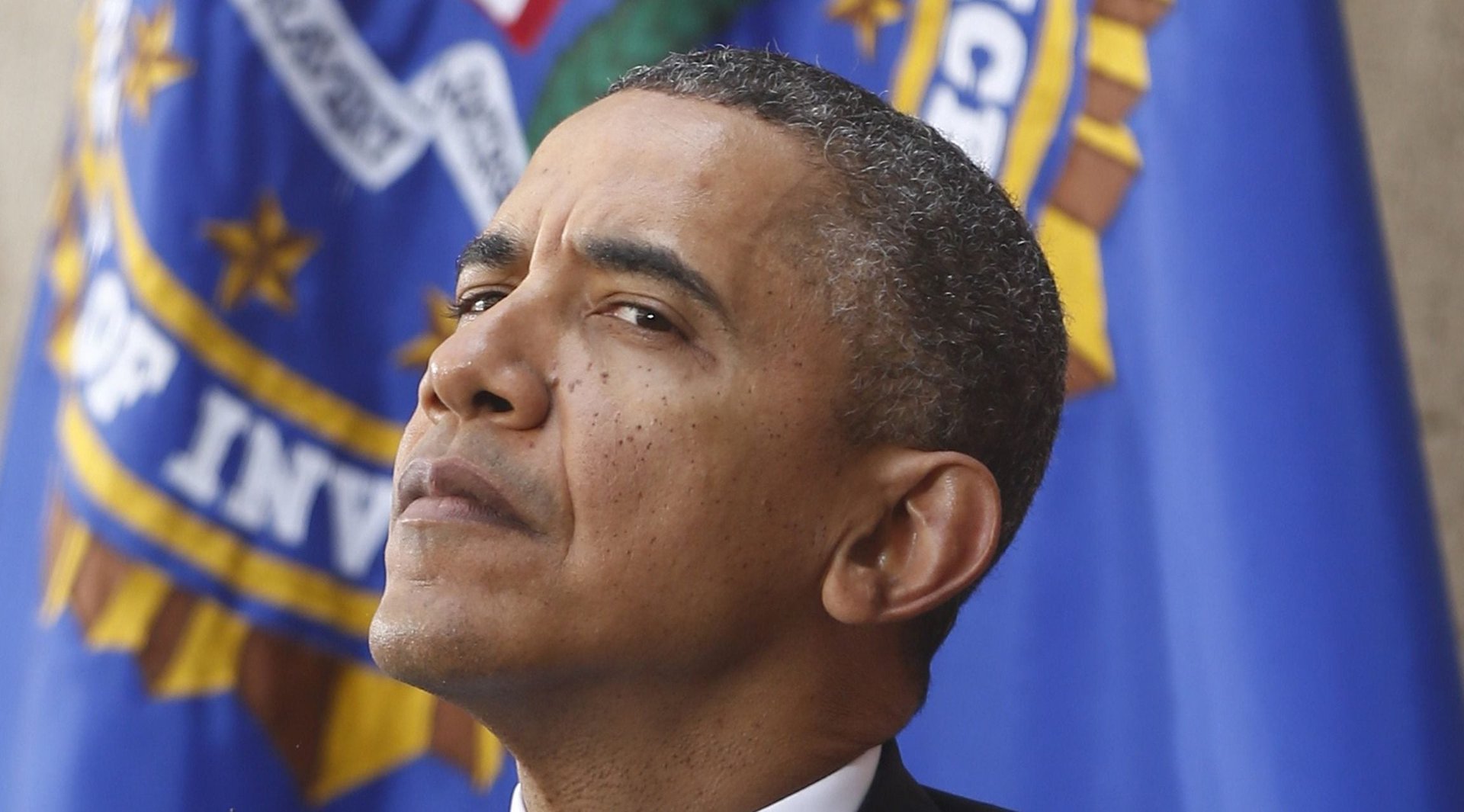Democratic candidates won’t build digital campaigns. Silicon Valley is just going to do it for them.
Democrats are still running their campaigns as if it was 2004. Despite former US president Barack Obama’s unprecedented use of the internet to rally donors and voters, the skill never trickled down. That’s contributed to the near decimation of the party in many state and local elections. Silicon Valley is ready to take matters into its own hands by creating digital campaign infrastructure for progressives to win in 2018.


Democrats are still running their campaigns as if it was 2004. Despite former US president Barack Obama’s unprecedented use of the internet to rally donors and voters, the skill never trickled down. That’s contributed to the near decimation of the party in many state and local elections. Silicon Valley is ready to take matters into its own hands by creating digital campaign infrastructure for progressives to win in 2018.
Last year’s elections proved that future races will be won and lost online. By July 2016, Donald Trump’s campaign was spending $8 million per month on online advertising, while virtually ignoring television. By contrast, Hillary Clinton’s campaign was spending just $132,000 online by then. Even 100 days before the US election day, Trump had not bought a single television spot (eventually spending just half of the $200 million Hillary Clinton devoted to television in the final stretch of the campaign).
That strategy simply borrowed from what advertisers were already doing: spending on internet advertising for the first time eclipsed television in 2016, as the public now spends 5.6 hours a day with digital media, according to Mary Meeker’s annual Internet Trends report.
Democratic candidates, on the other hand, missed the memo. Tech for Campaigns, a Silicon Valley outfit aiming to build out digital campaign infrastructure for progressive candidates, analyzed 2017 Democratic caucus data in Virginia, as well as from around the country, and found candidates were virtually ignoring online advertising while pouring money into print and television.
Although state party leaders in Virginia were recommending spending 7.5% of its budget on online outreach, candidates were devoting even less, says Tech for Campaigns co-founder Jessica Alter, a technology entrepreneur.
Alter envisions a national digital platform for progressive candidates that flips this ratio of focus. “We are pairing people with technology,” says Alter. “In politics, one without the other does not win.” Her goal is to complete 500 digital campaign projects by the end of 2018 with more than 3,000 volunteer designers, marketers, and engineers. Ultimately, she wants to wrest away control of state legislatures by 2020 to reverse gerrymandering of congressional districts that favor Republicans.
The non-profit is raising funding on Indiegogo by hosting online conversations between political and technology leaders such as New Jersey Senator Cory Booker and former Twitter CEO Dick Costolo.